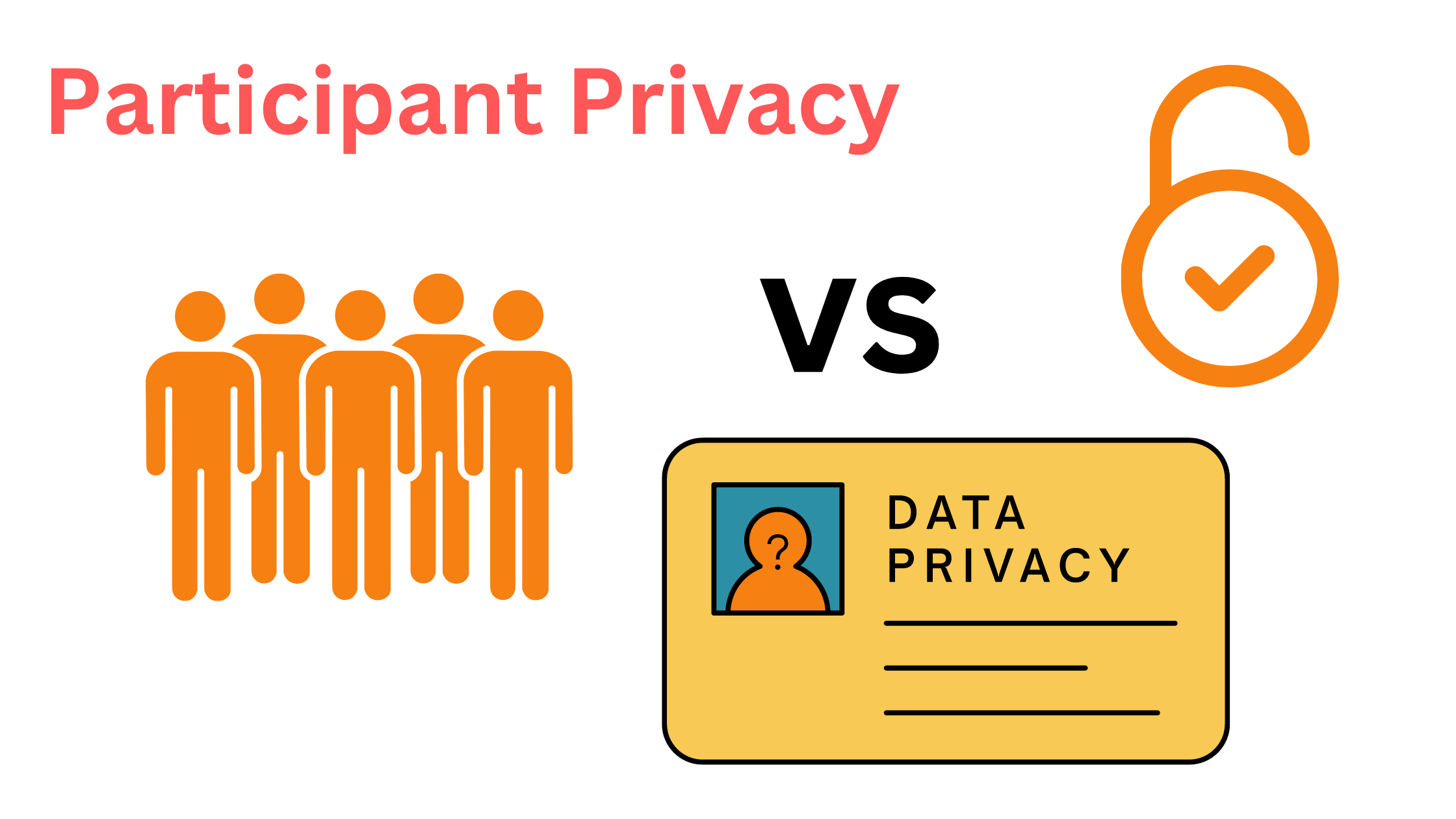Blog Post

Balancing Open Science and Participant Privacy
Article posted at: 2024-02-13 02:28:00
Introduction
Open science has transformed the research landscape by promoting transparency, accessibility, and collaboration. By making research data freely available, open science aims to accelerate scientific discoveries and democratize knowledge, allowing a broader audience to engage with and benefit from research. This shift towards openness holds great promise for advancing science, but it also raises significant ethical and legal challenges, particularly concerning participant privacy.
Participant privacy is a cornerstone of ethical research practices. Researchers have an obligation to protect the personal information of individuals who participate in their studies. This obligation becomes increasingly complex in the open science framework, where data is shared more widely and frequently than ever before. The challenge lies in balancing the goals of open science with the need to safeguard participant privacy.
Navigating this balance requires a deep understanding of the risks and ethical considerations involved in data sharing. This article explores the privacy paradox in open science, examining the challenges of informed consent and data anonymization. By adopting best practices and fostering a culture of transparency and accountability, researchers can navigate these challenges effectively, ensuring that open science benefits all stakeholders while protecting individual rights.
The Privacy Paradox in Open Science
One of the primary challenges in open science is the potential for direct identifiers to be included in shared data. Research data often contains personal information like names, addresses, or medical records. Sharing such data openly presents a clear privacy risk, potentially leading to identification and re-identification of participants, even with anonymization attempts. This risk is exacerbated by the increasing availability of data from multiple sources, which can be combined to reveal individual identities.
Indirect identification is another significant concern. Even seemingly anonymized data might hold clues that, when combined with other datasets, can reveal individual identities. This risk increases as datasets grow richer and more detailed, making it difficult to ensure complete anonymity. Researchers must be vigilant in understanding the limits of anonymization techniques and the potential for indirect identification.
Dynamic consent is crucial in addressing the evolving nature of data use in open science. Traditional static consent forms might not capture the nuances of participant preferences in an environment where data use evolves, and data sharing practices change over time. Dynamic consent models allow participants to provide ongoing consent and make informed decisions about how their data is used and shared. This approach respects participant autonomy and enhances trust in the research process.
Secondary data uses present another challenge. Openly shared data can be repurposed for unforeseen research projects, raising questions about whether original consent extends to these future uses. Participants may not have anticipated the full range of potential applications for their data, leading to ethical dilemmas about consent and privacy. Researchers must navigate these issues carefully to maintain ethical standards and public trust.
Best Practices for Consent and Anonymization
Robust Informed Consent: Consent forms should be clear, comprehensive, and dynamic, addressing different data sharing scenarios and offering opt-out options. Participants should be fully informed about how their data will be used, who will have access to it, and the measures taken to protect their privacy. Dynamic consent models can enhance participant understanding and engagement, ensuring that consent is ongoing and adaptable to new circumstances.
Data Minimization: Researchers should collect and share only the minimal amount of data necessary for the research. This approach reduces the potential for identification and limits the exposure of sensitive information. Privacy-enhancing technologies, such as encryption, differential privacy, and federated learning, can further obfuscate data while preserving its usefulness for research. These technologies can help protect participant privacy while enabling valuable scientific insights.
Community-Driven Guidelines: Developing and adhering to community-driven guidelines for ethical data sharing is crucial. These guidelines should outline best practices for protecting participant privacy and ensuring transparency in data handling practices. By following these guidelines, researchers can demonstrate their commitment to ethical research practices and build trust with participants and the broader public.
Transparency and Accountability: Researchers should be open about their data handling practices, including how data is collected, stored, and shared. They should also be accountable to participants and regulatory bodies, ensuring compliance with legal and ethical standards. By fostering a culture of transparency and accountability, researchers can strengthen public trust in open science.
Moving Forward: Towards a Responsible Open Science Ecosystem
Public Awareness: Promoting public awareness about open science practices and their implications for privacy is essential. Educating the public about the benefits and challenges of open science can foster trust and understanding, encouraging greater participation in research.
Participant Engagement: Engaging participants in discussions about data sharing and privacy protection is crucial. Researchers should actively involve participants in shaping data sharing practices, respecting their voices and preferences. This collaborative approach can enhance participant trust and ensure that data sharing practices align with their expectations.
Support for Researchers: Providing researchers with training and resources on ethical data sharing, informed consent practices, and anonymization techniques is vital. Institutions and funding bodies should invest in these areas to equip researchers with the knowledge and tools they need to navigate the complexities of open science.
Funding for Privacy-Enhancing Technologies: Funding research on privacy-enhancing technologies and ethical data sharing practices is essential for advancing the field. By supporting innovation in these areas, funding bodies can help develop new solutions for balancing open science with participant privacy. This investment can drive progress towards a more inclusive, ethical, and impactful scientific endeavor.
Conclusion
By navigating the balance between open science and participant privacy, we can ensure that the benefits of transparency and data sharing do not come at the expense of individual rights. Researchers, institutions, and participants must work together to create an open science ecosystem that respects privacy and fosters trust. Through informed consent, robust anonymization practices, and ongoing public engagement, we can achieve a responsible and ethical approach to open science.